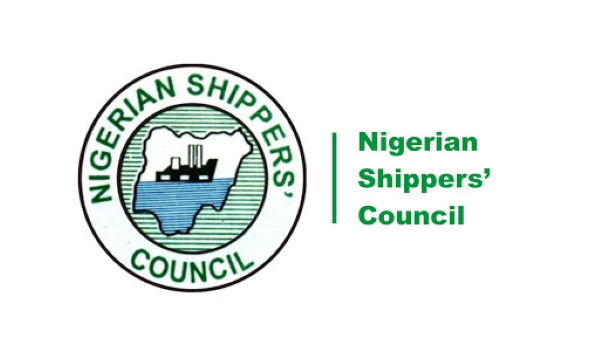BRAND REPORT
Shippers’ Council lists benefits of Cargo Tracking Note
 The Nigerian Shippers’ Council (NSC) has listed the benefits of its new International Cargo Tracking Note (ICTN). The NSC emphasised that it will play a crucial role in safeguarding Nigeria from drug trafficking, arms smuggling, and other contraband that fuel insecurity.
The Nigerian Shippers’ Council (NSC) has listed the benefits of its new International Cargo Tracking Note (ICTN). The NSC emphasised that it will play a crucial role in safeguarding Nigeria from drug trafficking, arms smuggling, and other contraband that fuel insecurity.Executive Secretary of the council, Dr Pious Akutah, said this in a statement issued by the Head of Public Relations, Mrs Rebecca Adamu, in Lagos on Wednesday.
BRANDECONOMY reports that ICTN is a proposal by NSC to ensure the traceability of goods across international borders.
It assigns a unique identification number to each shipment and therefore a tool to enhance trade globally.
Akutah said that the council decried the recent upsurge in arms and drug importation and called for total support by all.
He said that the awareness became necessary to inform stakeholders that the new ICTN was not to stifle trade but to support the Federal Government economic and security agenda.
The council boss stated that the additional regulatory mechanism works in synergy with customs systems to enhance compliance, risk assessment and trade efficiency with the Cargo Tracking Note.
He stated that embracing the full implementation of the ICTN remained crucial for the benefit of the economy, Nigerians and most importantly, to drive growth in the Marine and Blue Economy.
Akutah said: “This leads to faster clearance time, reduces congestion at ports and lowers demurrage costs for traders.
“ICTN ensures accurate cargo valuation, preventing revenue loss due to false declarations while blocking financial leakage caused by incorrect customs duties, levies and tariffs.
“Furthermore, many countries of the world, including advanced economies have successfully deployed ICTN for effective cargo monitoring and for trade regulation.
“It is imperative to state that Nigeria’s adoption of ICTN aligns with the World Trade Organisation (WTO) Trade Facilitation Agreement (TFA) and international maritime security standards,” he said.





